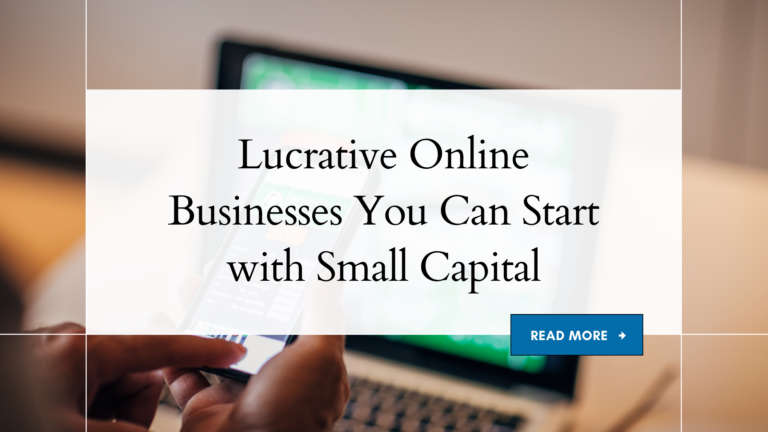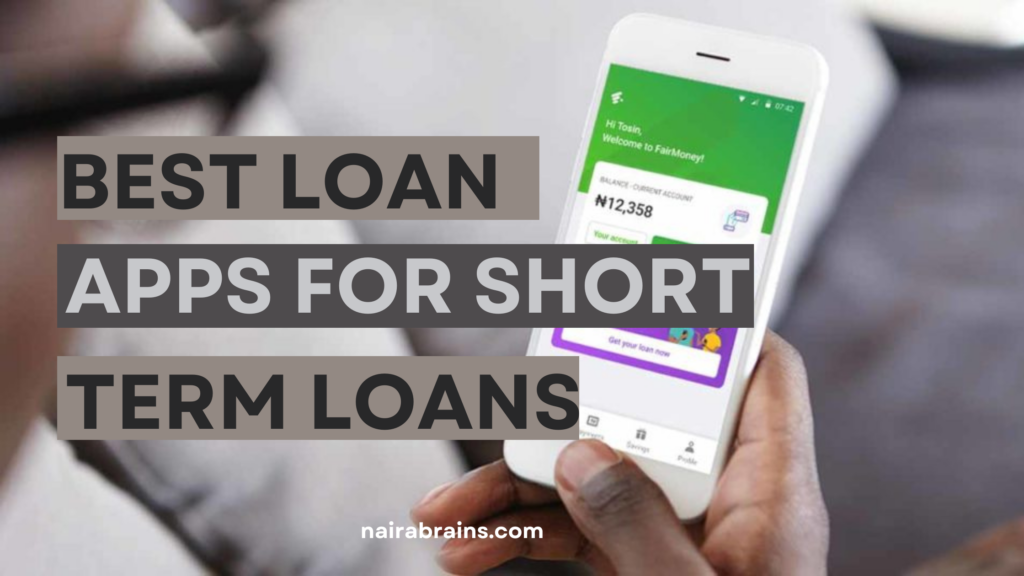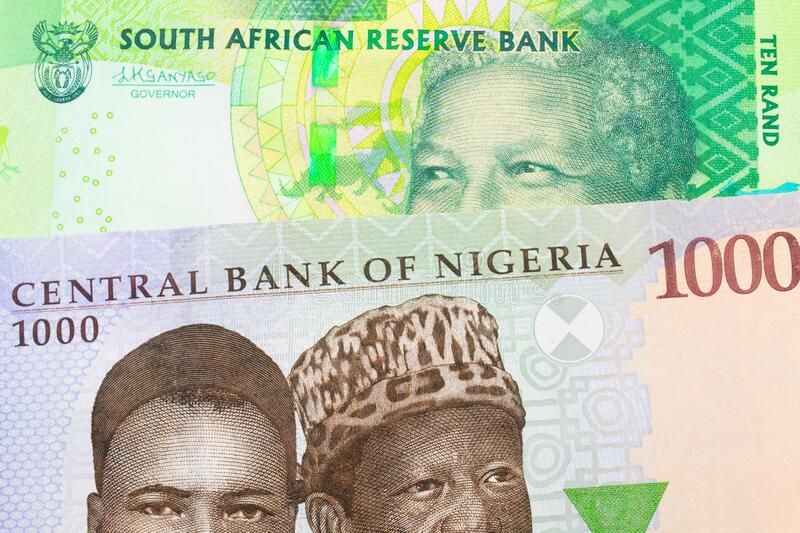Have you ever wondered or searched for lucrative online businesses or ideas in Nigeria that require small capital to start? You are definitely not alone.
Lots of people (whether employed or unemployed) are always looking to start a business that will yield a healthy profit margin while requiring little capital to start.
Starting a small business doesn’t always require a large investment or massive resources. In fact, with the right idea and dedication you can build a successful venture with minimal investment. In today’s digital age, there are numerous business opportunities that require minimal upfront investment but have the potential to generate significant returns.
Whether you are looking for a side hustle to supplement your income or aiming to build a full time business, there are plenty of low cost ideas to explore.The key to success lies in leveraging your skills, staying adaptable, and choosing a business model that suits your lifestyle and resources.
In this article, we will explore seven lucrative online business ideas that can be started with small capital. Each of these ventures not only has the potential for substantial profits but also offers the flexibility to scale as your business grows. Lets dive into these practical opportunities that could set you on the path to entrepreneurship.
So here are seven lucrative online businesses you can start with small capital;
Freelancing Services
If you have a particular skill, such as writing, graphic design, web development, social media management, or digital marketing, offering freelance services can be a great way to earn money. Websites like Upwork, Fiverr, Remote4Africa and Freelancer provide platforms for freelancers to connect with clients looking for specific skills.
Why it’s Lucrative:
- Low initial investment( just your time and expertise)
- High demand for various freelance services
- Flexible work hours and location
Social Media Management
Many small businesses, entrepreneurs, and influencers need help managing their social media profiles. If you’re savvy with platforms like Instagram, Facebook, and TikTok, you can offer social media management services to create and schedule content, grow audiences, and enhance brand presence.
Why It’s Lucrative:
- Minimal startup costs(just a laptop and Internet connection)
- Growing demand for social media expertise and businesses become more digitally based.
- Potential for long term client contracts and recurring income.
Dropshipping
Dropshipping is becoming one of the most common strategies in the current times and especially suits the low-budget entrepreneurs. Unlike traditional retail businesses, dropshipping allows you to sell products online without ever having to handle inventory, manage shipping, or invest heavily in stock.
Why It’s Lucrative:
- Low initial investments(Since you don’t have to purchase inventory upfront or worry about storage costs)
- Scalable Business Model
- Flexible and Location-independent
Affiliate Marketing
Affiliate marketing involves promoting other companies products or services and earning a commission on any sales of actions generate through your unique referral link. Affiliates can promote products through blogs, websites, social media, or email marketing.
Why It’s Lucrative:
- Affiliates programs are available in virtually every niche, from tech to fashion to health, allowing you to align your promotions with your interests or audience.
- Low Startup Costs:You can start with a blog, website, or social media account at a relatively low cost.
Influencing
Influencers are paid by brands to promote products or services through sponsored posts, videos, or mentions. They aim at building a strong following on social media platforms like Instagram, YouTube, TikTok, etc to sponsor products.
What It’s Lucrative:
- Brand Partnerships: As your following grows, you can land paid collaborations with companies looking to leverage your audience for marketing.
- Multiple Revenue Streams: Influencers can monetize their platforms through sponsorships, affiliate marketing, products sales, etc
Virtual Assistance
A virtual assistant provides administrative, technical, or creative assistance to clients from a remote location. Common tasks include managing emails, handling customer service, scheduling appointments, social media management, or even content creation.
What It’s Lucrative:
- High Demand: The rise of remote work and online businesses had significantly increased the demand for virtual assistants.
- Flexibility: VAs can choose their working hours and clients, allowing for a flexible work-life balance. You can also work from anywhere, making this a great option for digital nomads.
Tutoring
With education increasingly shifting online, offering tutoring services or creating online courses can be a profitable business idea. Whether you specialize in a particular subject, language, or skill, there is a growing demand for quality educational content.
Why It’s Lucrative:
- Low startup costs( you can start with just a computer an internet connection)
- Opportunities to scale by creating digital products like e-books or video courses
- Potential to offer both one-on-one tutoring and group classes
Conclusion
Starting a business with small capital is entirely possible, and these seven ideas offer accessible paths to profitability. The key is to choose something that aligns with your skills and interests, allowing you to deliver value while keeping initial costs low. As you grow, you can re-invest profits to scale your business and increase your earnings.


![Comprehensive List of Approved Online Loan Apps to Borrow Money in Nigeria [2025] instant loan apps in Nigeria](https://nairabrains.com/wp-content/uploads/2023/04/online-loan-apps-in-Nigeria-768x432.png)






